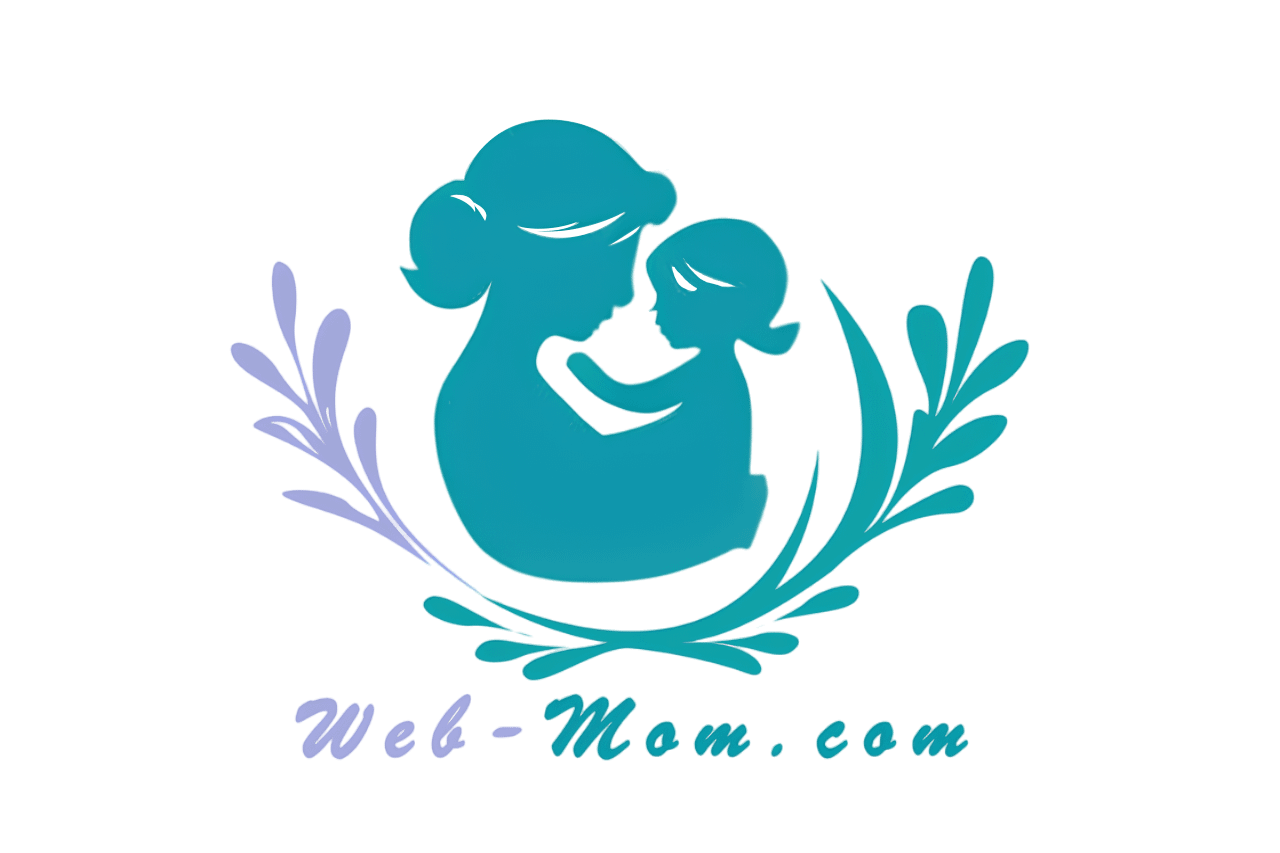Advice for Geriatric Pregnancy
HealthTips & Tricks 22 webmom July 21

WEB MOM – Geriatric pregnancy, defined as a pregnancy in women aged 35 and older, is becoming increasingly common as many women choose to delay childbirth for various personal and professional reasons. While geriatric pregnancy comes with unique challenges and considerations, it is possible to have a healthy and successful pregnancy with the right knowledge and support. At Web-Mom.com, we aim to provide you with the essential advice and resources needed to navigate geriatric pregnancy confidently and positively.
“Learn about geriatric pregnancy on Web-Mom.com. Discover essential advice on health, emotional support, risk management, prenatal care, and preparing for motherhood in your later years.”
In this article, we will explore the various aspects of geriatric pregnancy, including health considerations, emotional support, risk management, prenatal care, self-care, and preparing for motherhood.
Health Considerations
Understanding Geriatric Pregnancy
Geriatric pregnancy refers to pregnancy in women aged 35 and older. Here’s what you need to know:
- Fertility Decline: Fertility naturally declines with age, which can make it more challenging to conceive.
- Increased Risks: Older mothers are at a higher risk for certain pregnancy complications, such as gestational diabetes, high blood pressure, and chromosomal abnormalities.
- Positive Outcomes: Despite the challenges, many women in their late 30s and 40s have healthy pregnancies and babies with proper care and planning.
Preconception Health
Preparing for pregnancy begins with optimizing your health before conception. Here’s how to do it:
- Health Check-Up: Schedule a preconception check-up with your healthcare provider to assess your overall health and discuss any potential risks.
- Healthy Lifestyle: Adopt a healthy lifestyle by eating a balanced diet, exercising regularly, avoiding smoking and alcohol, and maintaining a healthy weight.
- Folic Acid: Start taking a prenatal vitamin with folic acid to reduce the risk of neural tube defects.
Emotional Support
Acknowledging Your Feelings
Pregnancy can be an emotional journey, especially for older mothers. Here’s how to manage your emotions:
- Accept Your Emotions: Understand that it’s normal to feel a range of emotions, including joy, anxiety, and excitement.
- Express Your Feelings: Find healthy ways to express your emotions, such as talking to a trusted friend, journaling, or engaging in creative activities.
- Seek Professional Help: If you feel overwhelmed, consider seeking support from a therapist or counselor who can provide guidance and coping strategies.
Building a Support System
Having a strong support system is crucial during geriatric pregnancy. Here’s how to build and maintain one:
- Reach Out to Family and Friends: Share your news with supportive family members and friends who can offer emotional and practical support.
- Join Support Groups: Look for local or online support groups for older expectant mothers to connect with others who understand your experiences.
- Communicate Your Needs: Don’t hesitate to communicate your needs and ask for help when necessary.
Risk Management
Understanding the Risks
Older mothers are at a higher risk for certain pregnancy complications. Here’s what to be aware of:
- Gestational Diabetes: The risk of gestational diabetes increases with age. Regular monitoring and a healthy diet can help manage this condition.
- High Blood Pressure: Older mothers are more likely to develop high blood pressure during pregnancy, which can lead to complications such as preeclampsia.
- Chromosomal Abnormalities: The risk of chromosomal abnormalities, such as Down syndrome, increases with maternal age.
Regular Monitoring
Regular monitoring is essential for managing risks and ensuring a healthy pregnancy. Here’s what to expect:
- Frequent Check-Ups: Attend regular prenatal check-ups to monitor your health and your baby’s development.
- Ultrasounds and Screenings: You will have additional ultrasounds and screenings to check for any potential issues and ensure your baby is developing normally.
- Blood Pressure Monitoring: Regularly monitor your blood pressure to detect any signs of hypertension early.
Prenatal Care
Choosing a Healthcare Provider
Choosing the right healthcare provider is crucial for a healthy pregnancy. Here’s how to find one:
- Research Options: Research obstetricians, midwives, and family practitioners in your area. Consider their experience, approach to care, and patient reviews.
- Schedule Consultations: Schedule consultations with potential healthcare providers to discuss your needs and preferences.
- Check Insurance Coverage: Ensure that your chosen provider is covered by your health insurance plan to avoid unexpected costs.
Attending Prenatal Appointments
Regular prenatal appointments are essential for monitoring your health and your baby’s development. Here’s what to expect:
- Initial Visit: Your first prenatal visit will include a comprehensive health assessment, blood tests, and discussions about your medical history.
- Routine Check-Ups: Attend regular check-ups as scheduled by your healthcare provider to monitor your baby’s growth and development.
- Ultrasounds and Screenings: You will have ultrasounds and other screenings to check for any potential issues and ensure your baby is developing normally.
Self-Care and Wellness
Prioritizing Self-Care
Taking care of yourself is vital for a healthy pregnancy. Here’s how to prioritize self-care:
- Healthy Diet: Eat a balanced diet rich in fruits, vegetables, whole grains, and lean proteins. Stay hydrated and take prenatal vitamins as recommended by your healthcare provider.
- Exercise: Engage in regular physical activity, such as walking, swimming, or prenatal yoga, to stay fit and reduce stress.
- Rest and Relaxation: Ensure you get plenty of rest and practice relaxation techniques such as deep breathing, meditation, or prenatal massage.
Managing Stress
Pregnancy can be stressful, especially for older mothers. Here are some strategies to manage stress:
- Stay Organized: Keep track of appointments, to-do lists, and important documents to stay organized and reduce stress.
- Set Realistic Goals: Set achievable goals for yourself and avoid overcommitting to avoid feeling overwhelmed.
- Seek Support: Don’t hesitate to seek support from friends, family, or a counselor if you’re feeling stressed or anxious.
Preparing for Motherhood
Setting Up Your Home
Preparing your home for your baby’s arrival is an exciting part of the journey. Here’s what to do:
- Baby’s Room: Set up a safe and comfortable space for your baby to sleep, such as a crib or bassinet.
- Baby Gear: Gather essential baby gear, including a car seat, stroller, changing table, and baby monitor.
- Stock Up on Supplies: Stock up on baby supplies such as diapers, wipes, clothing, and feeding essentials.
Educating Yourself
Educating yourself about pregnancy, childbirth, and parenting can help you feel more confident and prepared. Here’s how:
- Read Books: Read books on pregnancy, childbirth, and parenting to gain knowledge and insights.
- Attend Classes: Enroll in childbirth and parenting classes to learn practical skills and meet other expectant parents.
- Watch Videos: Watch educational videos and documentaries on pregnancy and parenting to supplement your learning.
Conclusion
Navigating geriatric pregnancy comes with its unique challenges and rewards. At Web-Mom.com, we hope this comprehensive guide provides you with the support and resources needed to thrive during this special time. From health considerations and emotional support to risk management, prenatal care, self-care, and preparing for motherhood, there are many tools available to help you succeed.
Remember, every pregnancy journey is unique, and it’s important to find the resources and strategies that work best for you. Thank you for visiting Web-Mom.com. We hope you find our articles helpful and inspiring as you embrace the joys and challenges of geriatric pregnancy.
F.A.Q.
1. What is geriatric pregnancy?
Geriatric pregnancy refers to pregnancy in women aged 35 and older. It comes with unique challenges and considerations but can result in healthy pregnancies with proper care.
2. What are the common risks associated with geriatric pregnancy?
Common risks include gestational diabetes, high blood pressure, and chromosomal abnormalities. Regular monitoring and proper prenatal care can help manage these risks.
3. How can I manage stress during my pregnancy?
Manage stress by staying organized, setting realistic goals, and seeking support from friends, family, or a counselor. Prioritize self-care and relaxation techniques.
4. What should I expect during prenatal appointments?
During prenatal appointments, expect a comprehensive health assessment, routine check-ups, ultrasounds, and screenings to monitor your health and your baby’s development.
5. How can I prepare my home for my baby’s arrival?
Set up a safe sleeping space for your baby, gather essential baby gear, and stock up on baby supplies such as diapers, clothing, and feeding essentials.
6. Where can I find emotional support during my pregnancy?
Build a support system by reaching out to supportive family members and friends, joining support groups, and seeking professional help if needed.

Web-Mom.com is a small blog, where you can find information to be a better parents. From parent to parents 🙂
Site Links
About Web-Mom
We always thinking, what will other parents do? How can they do it? So here we are, writing article from parents around the world. We know, you know.
Copyright 2024 web-mom.com


